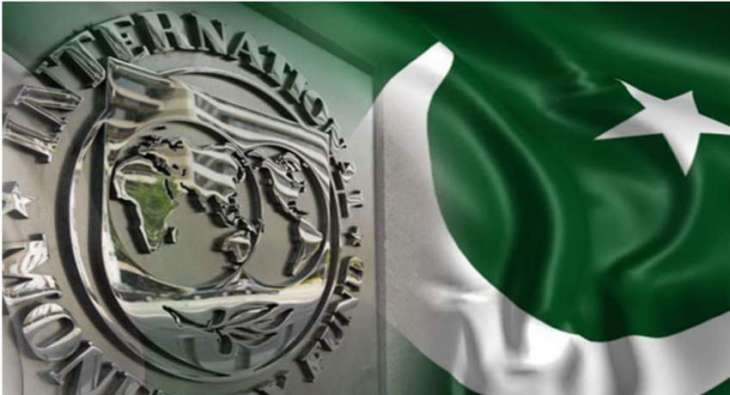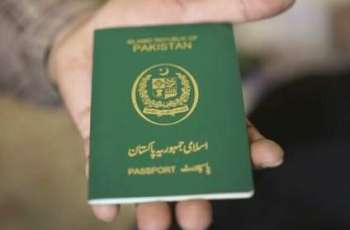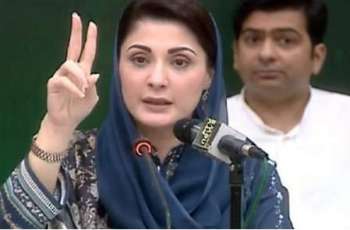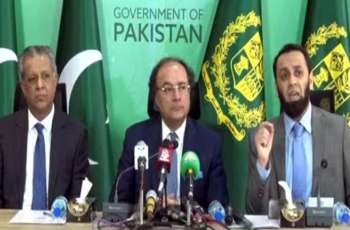The Fund, for striking consensus on Memorandum of Financial and Economic Policies (MEFP), has demanded Islamabad to jack up discount rate, allow free movement of the exchange rate, slash down Kamyab Pakistan Programme (KPP) and reverse relief package measures to align it with prudent financial management.
ISAMABAD:The International Monetary Fund (IMF) objected to the relief package Prime Prime Imran Khan announced recently for the public.
The Fund termed package as deviation from the commitment made between both sides.
However, talks between Pakistan and IMF’s seventh review for the release of the next loan tranche remained inconclusive so far even after breaches committed by Islamabad on different fronts.
The latest reports said that IMF staff during their dialogue with the government has raised serious objections over the prime minister’s relief package for slashing down petrol, diesel, and electricity prices as well as granting tax amnesty to the industrial sector.
IMF had earlier put condition that Pakistan would not give any tax amnesty and it was part of a continuous structural benchmark. But Islamabad violated the continuous structural benchmark which now required a waiver from the IMF’s Executive board for completion of the seventh review and release of the next tranche.
The IMF, for striking consensus on Memorandum of Financial and Economic Policies (MEFP), has demanded Islamabad to jack up discount rate, allow free movement of the exchange rate, slash down Kamyab Pakistan Programme (KPP) and reverse relief package measures to align it with prudent financial management.
The review talks were due for two weeks and are expected to conclude on coming Wednesday (March 16).
PM Khan had announced to cut down the petrol and diesel prices by Rs10 per litre and electricity prices by Rs5 per unit from March to June 2022.
Besides this, the government has envisaged disbursing loans of Rs407 billion under the much-hyped KPP but the IMF is asking to slash down this amount for two years period till June 2023.
It was expected that both sides would not be able to strike staff-level agreement under the seventh review so the parleys will continue lingering on till the political dust is settled in the wake of no-confidence move against Prime Minister Imran Khan.
The reports suggest that the prescriptions for tackling the budget deficit and current account deficit could not be evolved on policy measures in the shape of tightening monetary and fiscal positions.
The IMF had envisaged the current account deficit at $12.2 billion on eve of the sixth review but it had already touched $11.6 billion for the first seven months of the current fiscal year. The budget deficit is all set to go up beyond 7% of GDP, equivalent to Rs4.4 trillion, the highest ever absolute figure during the current financial year.
In order to curtail the twin deficits, the IMF’s prescriptions clearly illustrate the tightening of fiscal and monetary policies as well as exchange rate adjustments in the range of Rs185-190 against the US Dollar.
The Fund, on the economic front, is also coming up with a prescription of tough prior actions in the shape of rising twin deficits including the budget deficit and the current account deficit.




